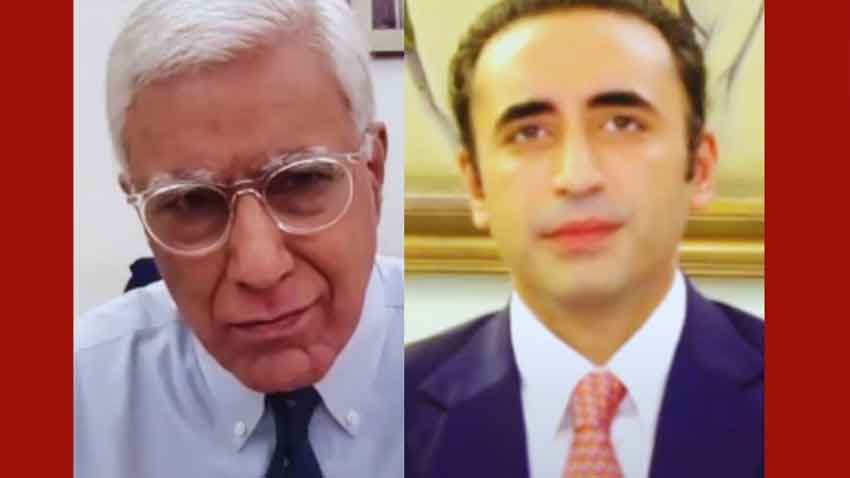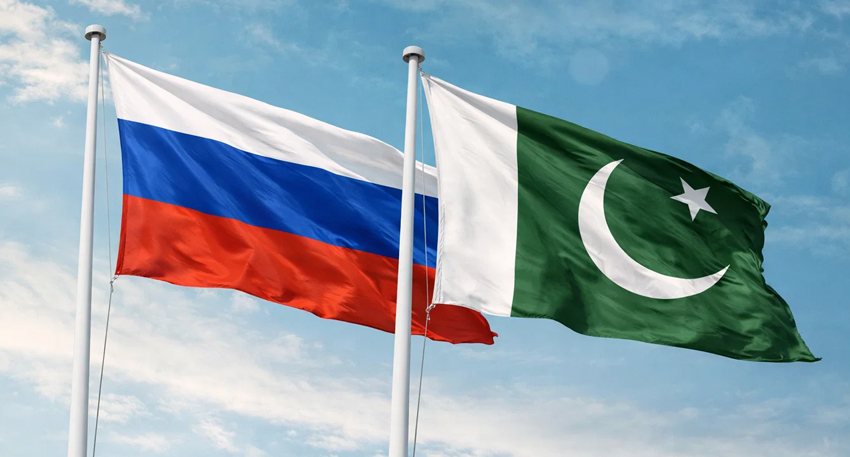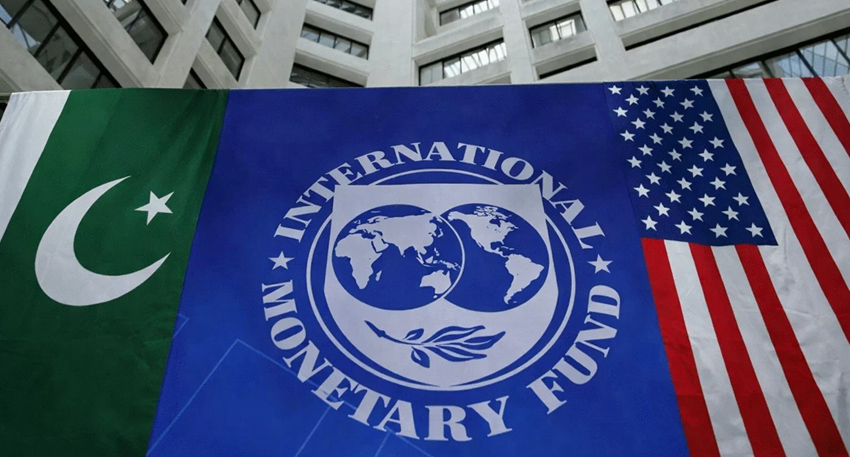
He asserted that Pakistan has taken firm actions against terror groups operating within its borders, a fact that India seems to conveniently ignore.
Bilawal raised questions about India’s failure to share crucial information regarding the perpetrators of the attack. Despite claims from The Resistance Front, who allegedly took responsibility within 45 minutes of the incident, Bilawal emphasized Pakistan’s willingness to engage in an impartial international investigation, a gesture India has outrightly rejected.
Further criticizing the Indian government’s lack of transparency, Bilawal boldly questioned, saying, “Why are you (India) know their (attackers) names.” His remarks expose the contradictions in India s approach to handling terrorism and accountability.
To a question with regard to the Resistance Front, Bilawal said, “Pakistan has been willing to be part of impartial international investigation. Your government refused that. The Indian government did not share with Pakistan, with the international community, with the Indian public that who exactly are these individual who are involved in this terrorist attack.”
Bilawal’s comments underscore a clear message: Pakistan has always been open to international collaboration in the fight against terrorism, but India’s refusal to share critical details suggests an attempt to shield the true narrative.
Read more: Government makes major decision on laptop distribution
Bilawal’s questioning of India’s actions reflects the growing frustration within Pakistan regarding India’s reluctance to cooperate on issues of national security and terrorism. This positions Pakistan as transparent and proactive, while India’s lack of cooperation in disclosing key information raises doubts about its intentions.




